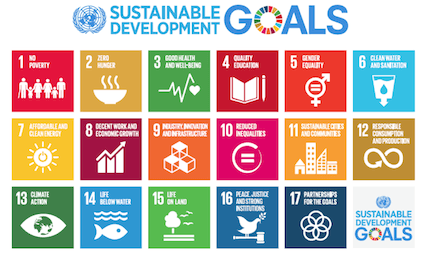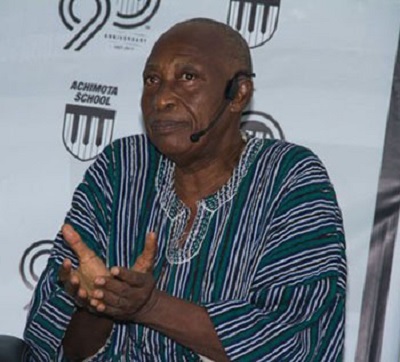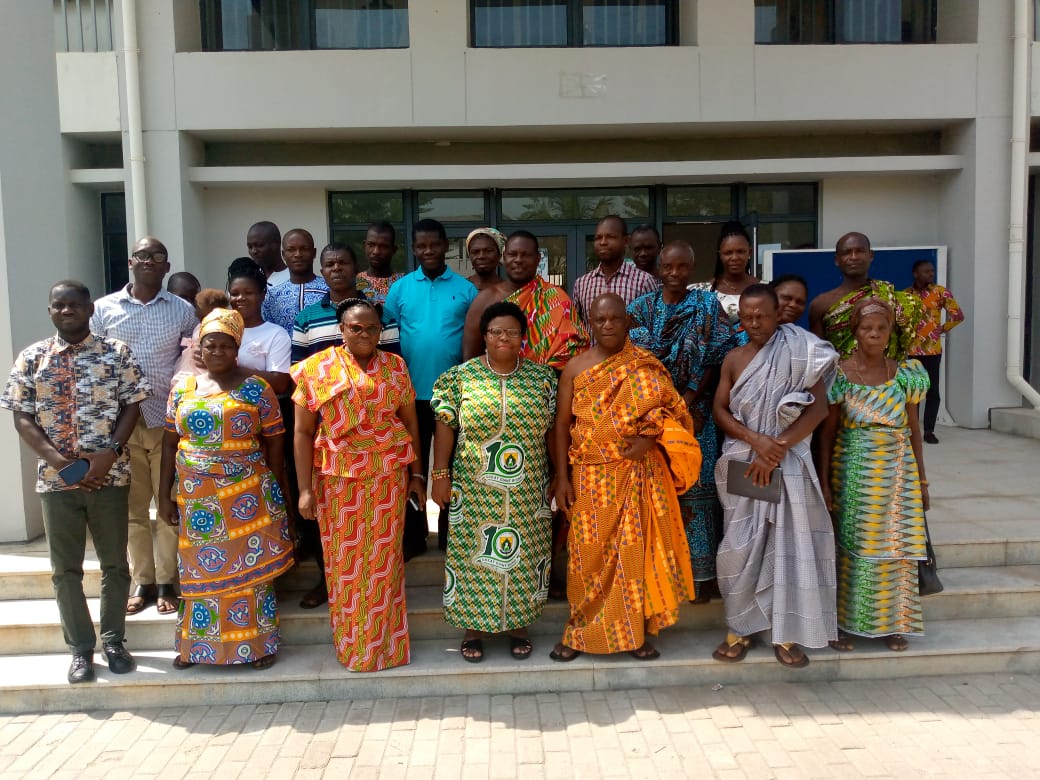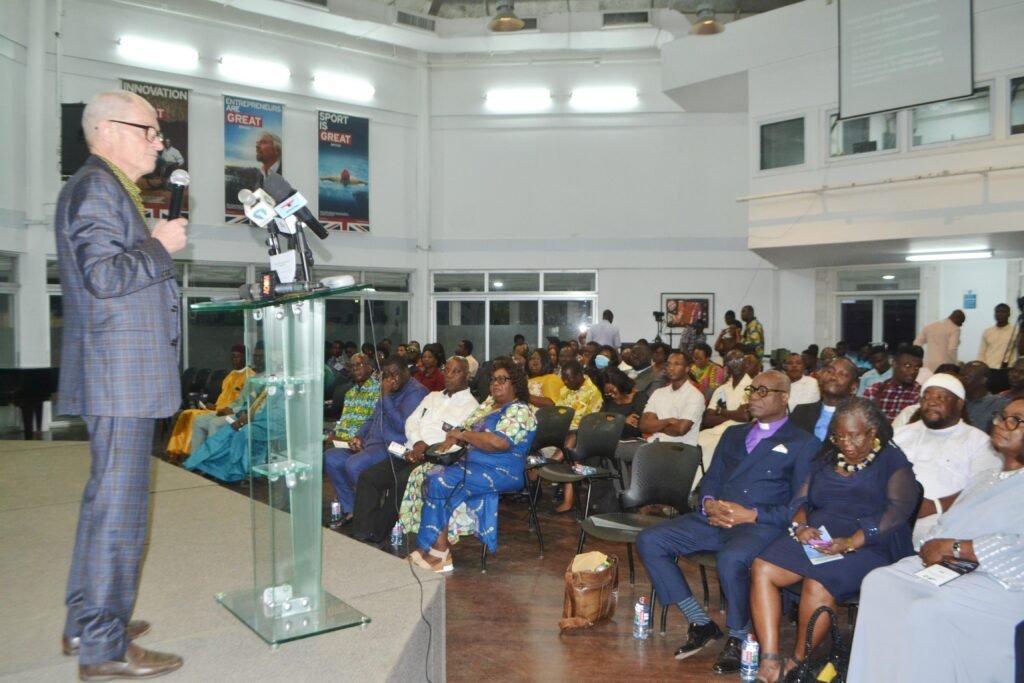
Ghana has made a case for strong and effective partnerships at all levels in achieving the Sustainable Development Goals (SDGs) by 2030.
Sharing the country's experiences in pushing the 2030 agenda at the ongoing High-level Political Forum (HLPF) at the UN in New York, the leader for the government delegation at the forum and Minister of Planning, Professor George Gyan-Baffour, argued that an all hands-on-deck approach was critical in making the needed progress with the SDGs.
He made the statement at a side event jointly hosted by the government and the CSOs Platform on SDG on the theme, 'Building partnerships for SDGs: Government, civil society, private sector and traditional authorities.'
"At the core of partnerships for development is a win-win relationship where partners can pull their resources and competencies together to address economic, social and environmental aims more effectively," he said.
The minister held that for the world to achieve inclusive growth and sustainable development, peace and security, it requires the support of all stakeholders; government, private sector, civil society, traditional leaders, faith-based organisations, academia, development partners and youth groups.
Ghana's implementation of the SDGs, Prof. Gyan-Baffour maintained, reflected a multi-stakeholder approach, with state and non-state actors working together at all levels.
This he said, had resulted in a number of innovative partnerships with traditional leaders, religious bodies, the private sector, academia, civil society organisations and the youth to accelerate the attainment of the 2030 Agenda for sustainable development.
Ambassador Nana Effah-Apenteng, Paramount Chief of Bompata traditional area and Secretary to Asantehene, Otumfuo Osei Tutu II, who represented the traditional authorities, indicated that chiefs, from time immemorial, have championed development within their communities to complement the efforts of the government.
He outlined several initiatives including the set-up of educational funds by traditional leaders to provide scholarships to poor and needy students at different levels of education which he believes "directly contributes to SDG 4 which emphasises the provision of quality education and indirectly links to SDGs 1,2, 3, 8 and 10."
"We recognise that the future well-being of the communities we represent rests on the successful implementation of the SDGs and we have therefore committed fully to partner with the government and all stakeholders to ensure accelerated implementation of the goals," he stated.
Co-chair of the CSOs Platform on SDGs and Country Director for SEND Ghana, Mr George Osei-Akoto Bimpeh, noted a shift from an antagonistic relationship between CSOs and the government to one now based on collaborations which allows for effective accountability.
Mr Bimpeh thus commended the government for the observer status given to the CSO platform for the SDGs at the highest levels of government to play a role in the development discourse, adding that, "We can't achieve the SDGs without such partnerships."
To the Chief Executive Officer (CEO) of Stanbic Bank Ghana, Mr Alhassan Andani, capital thrives where there is peace and development in line with SDG 16.
He thus pledged the unflinching support of the CEOs Advisory Group on SDGs culminating in the establishment of SDGs Delivery Fund and the Green Fund to finance implementation and support strategies for the goals.
On his part, Director for External Affairs, Vodafone, Gayheart Mensah, advised that moving forward, businesses should not be assessed by profits they make but how sociable and environmentally sustainable their operations are within the economy.
Goal 17 of the Sustainable Development Goals recognises multi-stakeholder partnerships as important vehicles for mobilising and sharing knowledge, expertise, technologies and financial resources to support the achievement of sustainable development at all levels and across all sectors.
Read Full Story

















Facebook
Twitter
Pinterest
Instagram
Google+
YouTube
LinkedIn
RSS